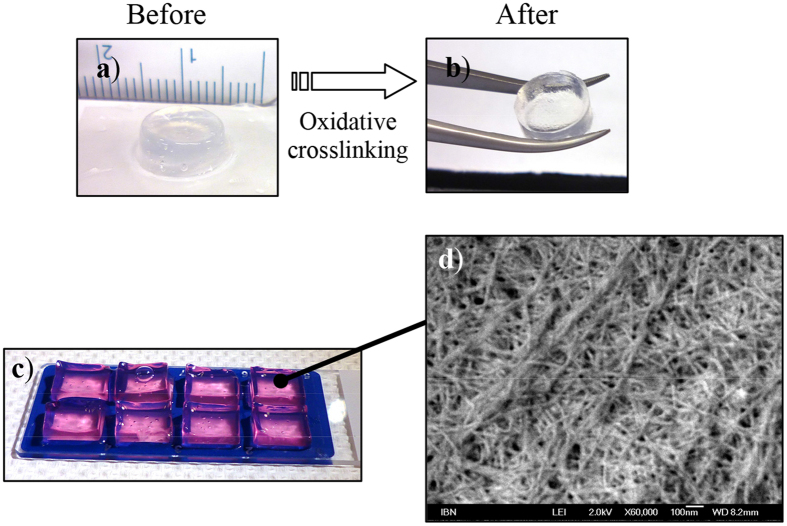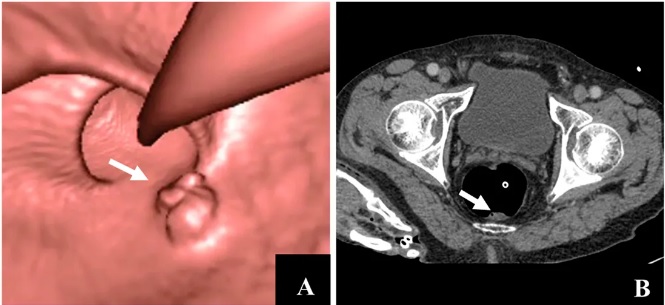Study Reveals Increased Severe COVID-19 Risk in Childhood Cancer Survivors

Adults who survived childhood cancer exhibit a significantly increased risk of experiencing severe COVID-19, as revealed by a new study conducted by researchers at Karolinska Institutet and published in the journal The Lancet Regional Health—Europe. The study meticulously analyzed data from over 13,000 childhood cancer survivors in Sweden and Denmark, indicating a 58% higher likelihood of severe disease outcomes, including hospitalization, intensive care, or death, compared to their peers without a history of cancer.
Despite having a lower overall incidence of COVID-19 infections, this specific group faced more severe consequences when they contracted the virus. Javier Louro, a postdoctoral researcher at the Institute of Environmental Medicine at Karolinska Institutet and the study's lead author, emphasized the importance of understanding this disparity: "Even though these individuals were not infected more often, the consequences were more serious when they did become ill."
The research team conducted a comprehensive registry-based cohort study comparing the health outcomes of childhood cancer survivors with those of their siblings and randomly selected individuals of the same gender and birth year. The data revealed that while childhood cancer survivors had a lower risk of contracting COVID-19, the severity of the disease was markedly increased, particularly during periods of heightened virus transmission.
The findings highlight significant public health implications. The increased risk was observed especially during the circulation of more virulent variants like those of the alpha and omicron strains. In Sweden, where the pandemic response relied heavily on recommendations rather than strict regulations, the heightened risk among childhood cancer survivors was more pronounced compared to Denmark, which implemented early and stringent measures.
This study urges health authorities to recognize childhood cancer survivors as a vulnerable group in future public health crises. Louro advocates for prioritizing this demographic for vaccinations and protective measures in times of high transmission, stressing the necessity for tailored public health strategies.
The collaborative research, conducted with the Danish Cancer Institute, underscores the long-term health challenges faced by childhood cancer survivors, which persist well beyond their initial treatment. The implications of these findings extend beyond COVID-19, as they highlight the ongoing need for surveillance and health support for this unique population.
In summary, the research demonstrates that childhood cancer survivors face a dual challenge: while they may evade initial infection more effectively than the general populace, the repercussions of COVID-19 infection can be devastating. As countries continue to navigate the complexities of the ongoing pandemic and prepare for future health crises, specialized attention to the needs of this vulnerable group becomes increasingly imperative. The comprehensive study can be found in The Lancet Regional Health—Europe, DOI: 10.1016/j.lanepe.2025.101363.
Advertisement
Tags
Advertisement





